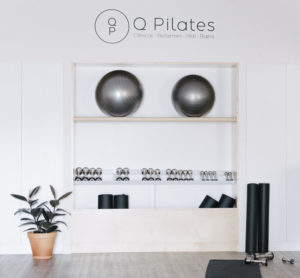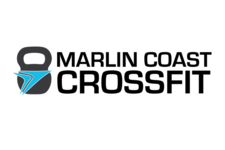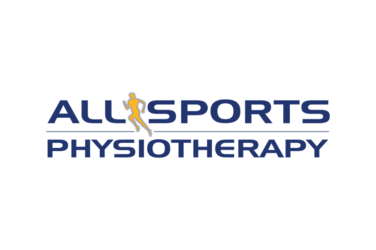
By Megan Thomas, Director & Senior Physiotherapist
We are excited to announce that on Monday March 4 PhyxMe will launch a brand new specialist Pilates studio: Q Pilates.
Part of the Allsports Physiotherapy Group, Q Pilates is a leading provider of physio-based Pilates in south east Queensland and Cairns will be the first studio opened in regional Queensland.
The studio will be collaboratively run by experienced musculoskeletal physiotherapists, passionate about using exercise to rehabilitate injuries and re-establish optimum functioning of the musculoskeletal system. Our experienced team of instructors will continue delivering small group Pilates reformer and mat classes.
This is the first studio in Cairns offering specialised Clinical Pilates, Group Rehab, Bodytone Reformer Pilates and Mat Pilates
With significant reforms in the health insurance industry affecting Pilates, these changes mean clients will be able to receive on-the-spot private health rebates for our Clinical Pilates and Group Rehab classes.
 Find out more about the types of classes available and our studio timetable.
Find out more about the types of classes available and our studio timetable.
Call or email us with your questions and chat to your physio about Clinical Pilates the next time you are having treatment.
What is Clinical Pilates
Clinical Pilates is a specialised form of exercise devised by physiotherapists specifically for an individual using spring loaded equipment to improve body control, strength and balance.
Strengthen what is weak and lengthen what is tight
Clinical Pilates focuses on strengthening the patients “core stability” muscles such as the deep abdominal and pelvic floor muscles. These core muscles act as the support system for out spine and pelvis and when strengthened, can help reduce low back and neck pain and improve body posture, movement and function.
Physios may prescribe exercise programs that incorporate Pilates equipment such as the Reformer, Cadillac, Wunda Chair, Barrel Ladder and Spine Corrector.
Why choose Clinical Pilates
Your physiotherapist will design an individiaual program following a full musculoskeletal assessment. Other types of Pilates classes are often generic and do not result in specific goals being met. Clinical Pilates programs aim to improve a patient’s posture, core stability, strength, flexibility, balance and breathing with a specific focus on motor control issues that may be contributing to pain or reduced function.
Physiotherapists are highly trained in the assessment and treatment of musculoskeletal conditions and are able to develop Pilates exercise programs that best address the patient’s specific needs
The exercises chosen by our physiotherapists incorporate findings of the most recent research to enable the best possible outcome for the patient.
Research by physiotherapists has shown that injury and pain can affect the activation and timing of certain muscle groups and that without specific re-training muscles may not return to normal function. Physiotherapists are best trained to educate people on the correct timing of muscles so that they can reduce pain and improve function. All of our Physiotherapists are experienced in the use of real-time ultrasound which is used in the Clinical Pilates assessment and treatment to ensure optimal activation of core muscles.
Poor posture is also linked to pain and muscle imbalances and is addressed in our Clinical Pilates assessment and classes. Our Physiotherapists are skilled in identifying postural problems and are aware of both muscle and skeletal contributing factors that may need to be addressed. We can select the most beneficial exercises to improve posture and advise patients on helpful strategies at work and at home.
Benefits of Clinical Pilates
| Improved deep abdominal and pelvic floor muscle tone |
| Prevention and reduction of low back and neck pain |
| Overall body toning |
| Improved posture and core stability |
| Firmer and flatter stomach muscles |
| Improved flexibility and balance |
| Reduced stress |
| Improved sporting performance |
| Safe form of exercise during and after pregnancy |
| Improved bone density (reduces risk of osteoporosis) |





















